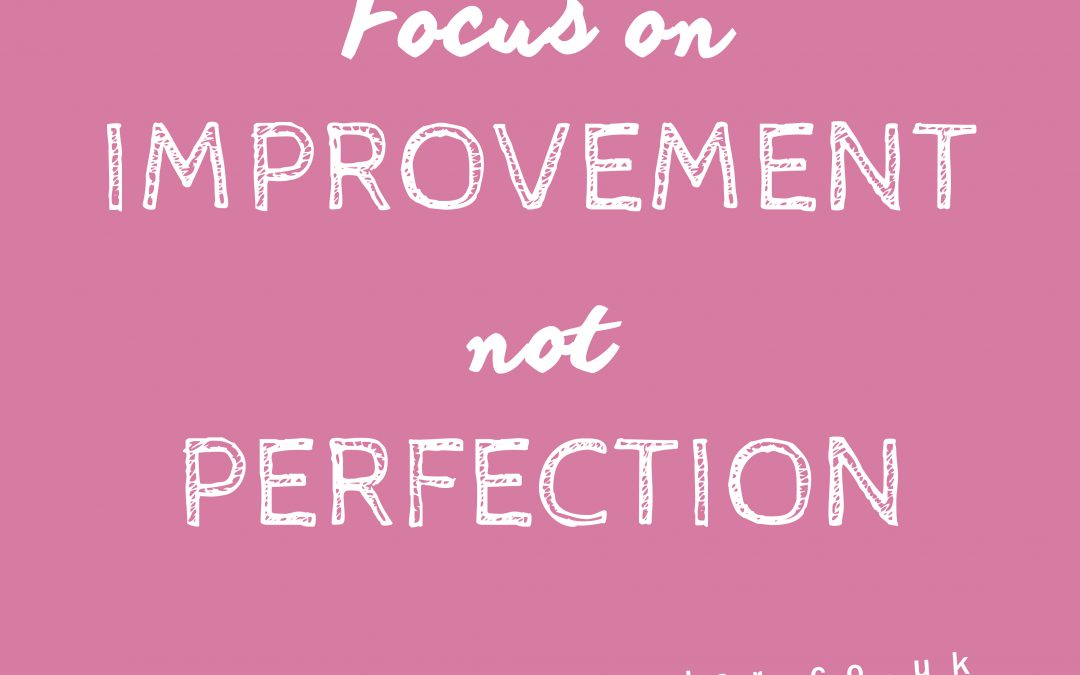The more conversations I have with concerned and distraught parents with children living with mental health issues, the more I appreciate how difficult it is growing up in today’s world. I’m sure every generation says the same, but it’s tough to hear the stories of children who don’t feel like they fit in with the ‘standards of perfection’ this generation live by.
From my own experiences, I know it was hard enough comparing myself to images portrayed by the magazine covers, movies, tv programmes and the fashion models of the 80′ and 90’s. In my teenage years, I remember having negative thoughts about myself, my body, my weight, my appearance and sometimes even my life. Questioning and comparing myself were an everyday occurrence. Every time I look at a magazine, the first fleeting thought is ‘why can’t I look like this’.
Social media allows us to report and edited ‘real life’ on a daily basis. Comparing myself to the unrealistic world of the rich and famous or even the lives shared on social media does not make me feel good. But everyone can now present as ‘perfect’ on a world wide social media platforms, with edited or staged photos, telling the more exciting version of the story.
This masking of reality, only sharing the glamorous side of life is warping our perception of what real life is all about – friends, family, ups and downs, celebrations and commiserations. This reinforces the message that perfection is the only acceptable image. But the reality is “I AM Who I AM”. Real life, the one we live, cannot be lived through a filter or edited to for a better story.
Imperfection is perfection – we all have something to offer the world. If ever there was an illusion, perfection is it. Many people are in the pursuit of perfection – the perfect body, the perfect home, the perfect children, the perfect relationship. But at every turn they are disappointed because this just doesn’t exist, and it cannot exist.
Life is full of mistakes, and lessons to be learned.
This obsession with achieving perfection is creating a culture of failure, shame, guilt and exclusion. There is a huge ripple effect on the family when a child or any family member is living with mental health. It can be such stressful environment where everyone is finding ways to cope to get through the day. This irrational way of collecting coping strategies doesn’t always leave room for productive positive coping strategies.
Human beings are complex, any relationship with two or more people has the potential to be dysfunctional or problematic. Negative messages are going to slip through to children, mistakes will be made by parents and adults, children will see and hear negative things that impact their self perception. These result in an inability to recognise, let alone achieve their true potential.
In fact, we are all succeeding every day in our own ways. We just don’t recognise these victories as successes. However, we can be taught to rationalise and organise our emotions and thoughts, therefore limit the impact on self worth and become limitless. Working with clients who engage in the process, seeing and hearing their achievements every session is so inspiring. They come from a place of hopelessness and feeling powerless, to conquering their mental health. It’s like a ripple in a pond that touches everything around them.
Give children the gift of a healthy body and healthy mind.
Teach them to love who they are, help them experience everything life has to offer, say no sometimes, demonstrate life’s ups and downs and teach them how to deal with them. Life will tell them no sometimes, life won’t be perfect. Life will challenge them, and give them skills to get over the challenges.
Open their minds, open their hearts, open their eyes to the world around them, one that they can be a part of and live with fulfillment.

